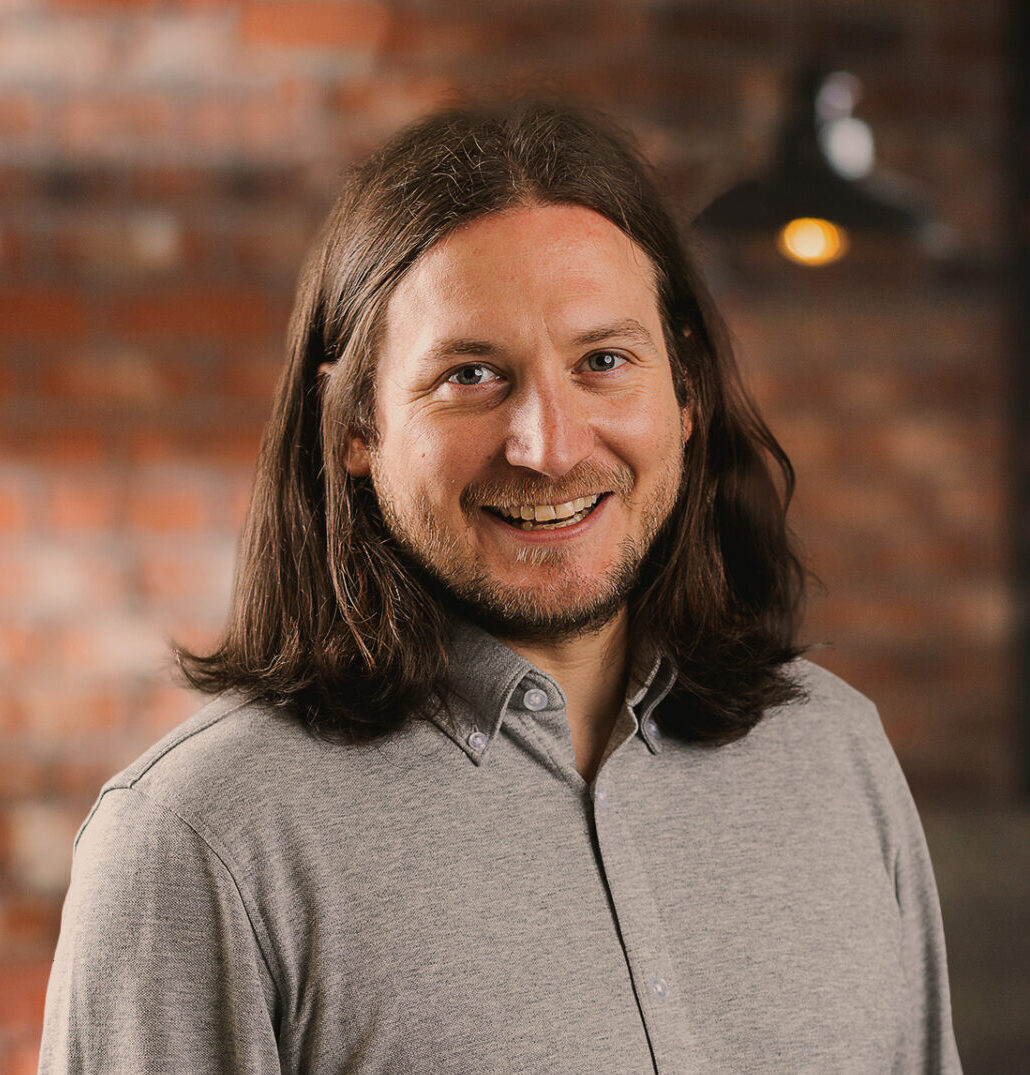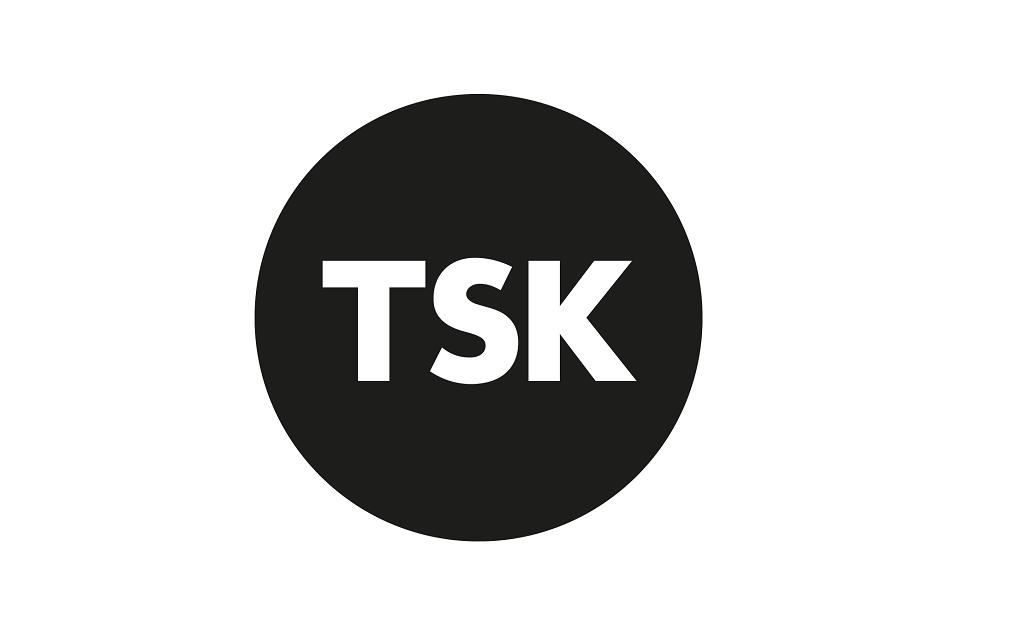Working well
The first in our collaborative series, we are pleased to bring you into a conversation we have been having with Phil Rogerson of Calmer Workplace.
Looking after ourselves – managing stress, staying healthy, maintaining a positive mindset – will be a key factor in the way we approach our work this year. Happier, healthier people are more productive and deliver more creative solutions. Importantly, they are more effective ambassadors for your brand.
Here’s what we’ve been talking to Phil about.
Mind the gap
We’ve all seen the signs, if not on the commute to work, on a construction site or when we’re out and about with family and friends – at some point we’ve all been urged to take notice of something that may cause us harm. Considering “mind the gap” differently holds the key to a calmer, more stress free life.
The momentary gap between a stimulus and our reaction to it, between a stressor and how we choose to respond to it, is where our ability to control stress sits. Stress comes in many forms and it grows over time until the proverbial straw that breaks the camel’s back is literally the last straw. Taking control in these moments can lessen the impact. Instead of responding with our ‘chimp’ brain (I highly recommend the book ‘the chimp paradox’ that explains about the three parts of the brain and how they interact), we have the ability to stop, be mindful and consider all aspects of the problem at hand, then calmly make a decision on the best possible action for ourselves and for others.
What’s on your mind?
On average, humans have around 90,000 thoughts per day. Just one of those thoughts has the ability to, quite literally, change our world. As we ruminate about something that’s disturbed us, it takes over our mind, it’s our constant companion and keeps nagging at us, keeping us awake at night where it evolves into a monster in the small hours, growing out of all proportion.
Before letting negative thoughts run riot, there are two neurological processes to be aware of.
Firstly, epigenetics. Everyday experiences have the ability to turn good or bad genes on or off. For example, if we exercise for 90 minutes a week we reduce the chance of contracting some cancers by 50%, altering our physiology at the core DNA level. Stress and anxiety can switch bad genes on, for example, someone that benefits from a good social network switches on 200 positive genes, whereas social isolation turns on 200 bad genes; it is more of a risk factor than smoking. By being mindful of our reactions to stressors and adopting a more positive approach, we change the impact of stress on our health.
Secondly, neuroplasticity. What get very good at the things we do often. If we practice our tennis serve over and over, for example, then we become particularly good at serving. What we use our brains for, we get better at, opening up neural pathways and causing an anatomical change. The problem is, if we ruminate and think negatively on a regular basis, we become very good at this too; the footpath becomes a bridleway, which in turn becomes a road and eventually a motorway. This is why being positive and practicing gratitude works on a psychological level; it increases oxytocin and reduces cortisol, opening up positive neural pathways.
Mind your actions
Breathe. Stop, think, be mindful. Take a minute to breathe mindfully for four slow counts in, holding for two then exhaling for four counts, repeating this and only focusing on your breath. When this is complete, we are in a calmer place and much more able to make the best response to the issue.
Move. Get some exercise. Join a Freshwalk, make that call while walking around the park instead of your desk, start your day with some yoga.
Stay social. Say yes to invitations, extend some yourselves, sign up for the next Greater Manchester Property Group event or Place North West social.
So, mind the gap. When that deadline’s looming or a client barks at you over the phone, try to remember the ‘mindful gap’ and adopt a positive attitude – you’ll construct that motorway in record time!
Phil Rogerson is the Managing Director of Calmer Workplace and has helped some of the world’s most iconic brands to shape their culture.
Selected industry experts bring you insight and expert advice, across a range of sectors.
Subscribe for free to receive our fortnightly round-up of property tips and expertise
Selected industry experts bring you insight and expert advice, across a range of sectors.
Subscribe for free to receive our fortnightly round-up of property tips and expertise





